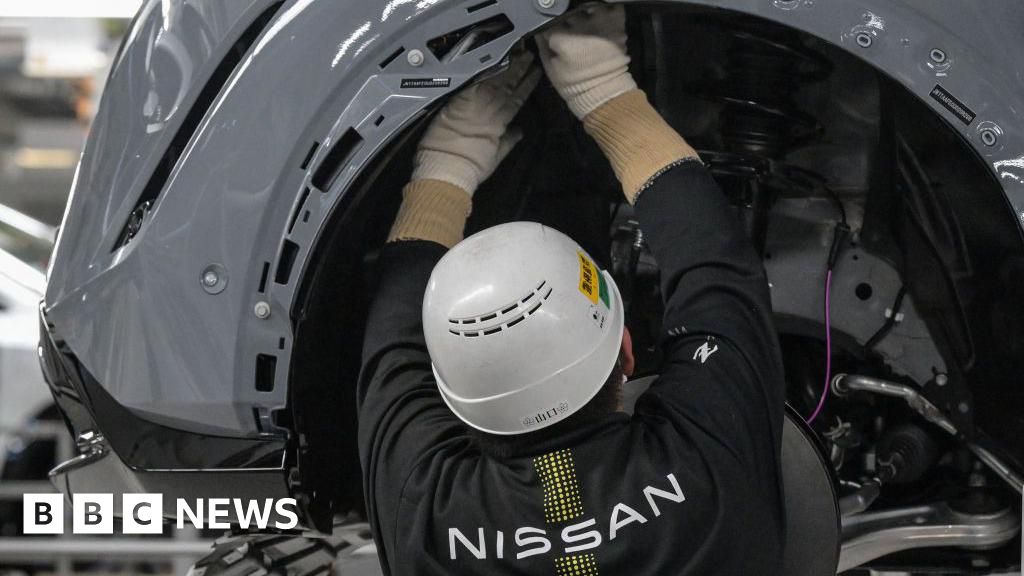Last Updated: February 03, 2024, 19:20 IST
Earlier, the last date for updating FASTag KYC was January 31. (Representative image)
FASTag is an electronic system for collecting tolls on highways which eases the tax payments at toll plazas while also keeping an eye on moving vehicles
The National Highway Authority of India (NHAI) extended the KYC compliance deadline for FASTags by one month — February 29, 2024 — a senior government official said. Earlier, the last date to complete the KYC was January 31.
“Only 7 lakh multiple FASTags have been closed out of 1.27 crore. Hence, we are proceeding with extending the deadline by another one month,” the official told PTI.
WHAT IS FASTag?
This is an electronic system for collecting tolls on highways which eases the tax payments at toll plazas while also keeping an eye on moving vehicles. Applying a tag to the car’s windscreen that is connected to a bank account or prepaid card, makes use of RFID technology.
When a car with a FASTag on it approaches a toll booth, the system scans the tag and deducts the toll directly from the associated card or account.
HOW TO UPDATE KYC ON FASTag?
- Step 1: Go to the official bank-linked FASTag website.
- Step 2: Then log in using your mobile number and key in the OTP received on your phone.
- Step 3: On the homepage, look for the “My Profile” section and click on the KYC tab.
- Step 4: As a new window opens, enter all the necessary details and click the submit button.
- Step 5: The KYC will be completed and it will display on your updated status.
DOCUMENTS REQUIRED FOR FASTag KYC
- Vehicle Registration Certificate
- Identity Proof (acceptable IDs include Voter ID, Aadhaar card, Passport, Driving license, PAN card)
- Address Proof
- Passport-size photo
KYC’S IMPORTANCE FOR FASTag
NHAI recently informed that, even in cases where there is an adequate balance, banks will deactivate or blacklist all FASTags with incomplete Know Your Customer (KYC) updates after January 31, 2024.
This measure comes as a solution to stop the intentional non-fixing of FASTags on vehicles, the issuance of multiple FASTags for a single vehicle and the distribution of FASTags without KYC verification.















































